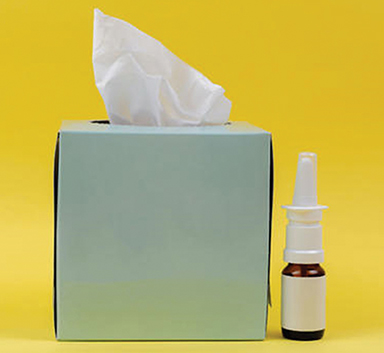
New COVID cases are on the decline in Florida. Our last flu season was at a nearly all-time low. And yet, a different respiratory virus, the Respiratory Syncytial Virus (RSV) has sprung up, out of “season,” and with a fast fury.
This article looks at the recent rise of RSV in Florida, what experts think contributed to it, and how you can protect yourself and your loved ones from it.
RSV Is on the Rise
In case you did not know, COVID is slowly dwindling now that more people are vaccinated, and Florida’s last flu season was extremely low. The flu typically runs from October to May, and our numbers of reported flu cases were very low compared to past years. Obviously, experts think that was because of the social distancing, masks, and increased handwashing that most people participated in due to COVID.
You would think that most viruses would be at a low due to those safety precautions. However, Respiratory Syncytial Virus (RSV) recently spiked. RSV is a common virus that causes mild, cold symptoms. However, the elderly and young children (one-year-old or younger) are especially vulnerable to it. A lot of kids end up in pediatric hospitals each year from RSV.
Dr. John Prpich, a pediatric doctor at St. Joseph’s Children’s Hospital, commented about how common the virus is in Florida.
“RSV is a very common respiratory virus, and we see it every year.”
However, RSV season typically runs from September to March. This year, it has actually spiked during the last few weeks of May, which is strangely out of season for the virus. It spiked by 28%, and experts say that 25% is much higher than normal.
What could have caused this increase in RSV?
Experts have theories, of course, about the rise in RSV at this point in the year. Considering the lower numbers when social distancing was stricter, they believe that RSV spiked as gatherings and events opened back up.
Dr. Prpich speculated that is it increased contact between children these past few weeks that have really caused the virus to spike.
“When you get kids together is when you see it.”
How to Protect Yourself and Your Loved Ones
There is no vaccine for RSV, so the best way to protect yourself, your elderly loved ones, and your children are to practice good hygiene. Good hygiene is a great combatant against many viruses. Wash your hands frequently. Keep surfaces sanitized. Distance yourself and your children from others who are feeling unwell.


Be the first to comment